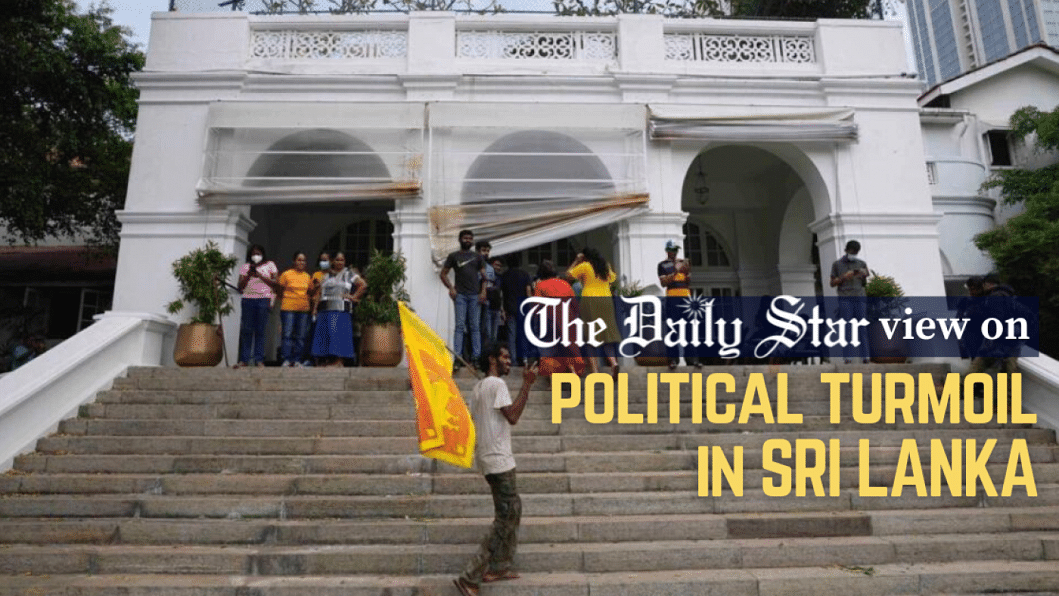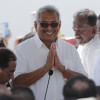Sri Lanka should put its people first

With the resignation of Sri Lankan President Gotabaya Rajapaksa on July 11 (to be publicly announced by the Speaker in parliament on July 13), we see another curve in the road for the island nation – as nothing can be termed a light at the end of the tunnel yet. The political and economic situation in Sri Lanka came to its worst starting this year, when fuel prices began to rise steeply. Since then, the lives of Sri Lankans have deteriorated miserably in quality, as they experience 10-hours-long power cuts daily, a reduction of food intake, a severe scarcity of cash, inability to work even remotely, and an overall collapsed economy. In April, the country defaulted on its USD 51-billion foreign debt and now has very little foreign currency to even import essentials. In June, the country's inflation hit a record high for the ninth consecutive month, as per government data.
It seems futile to wonder why, even after one Rajapaksa brother resigned from his post of prime minister, the protests by Sri Lankans are still going on. This was never about just fighting off the nepotism practiced by the Rajapaksa dynasty. Citizens protested for months, often at the face of disproportionate response from law enforcement (leading to quite a few protesting lives lost), because they had witnessed in real time how badly the irresponsibility of those in charge had turned their livelihoods upside-down. But while protestors finally seem to have the upper hand, especially since their takeover of the Presidential palace and the burning of PM Ranil Wickremesinghe's private residence, the political crisis is far from being over until those in charge can choose leaders to be elected who will acquire the public nod.
What the 22 million people of Sri Lanka are experiencing now is certainly the worst economic crisis the island has witnessed since its independence in 1948. However, the crisis is also a testament to what happens when politicians heading a country become self-serving or want to make a show of development, rather than serving the public. Starting from building infrastructure using borrowed foreign funds to political members of the Rajapaksa family allegedly laundering millions of Sri Lankan rupees, the wrath of the public against this family and their government has been building up for some years now.
We urge the international community to come to the aid of Sri Lankan citizens by providing anything from food, fuel, medication, etc. Though, given President Rajapaksa's resignation, PM Wickremesinghe is automatically made the country's acting president, it is imperative that the public is allowed to democratically elect a replacement. Most of all, we hope that peace and prosperity will finally prevail in Sri Lanka.

 For all latest news, follow The Daily Star's Google News channel.
For all latest news, follow The Daily Star's Google News channel. 








Comments